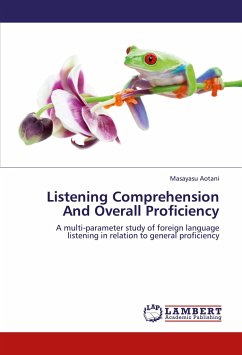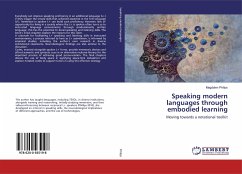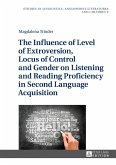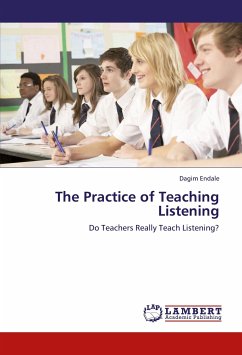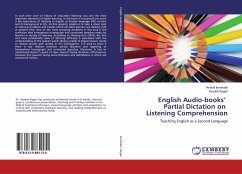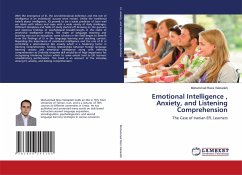Despite the recent upsurge of interest in second language acquisition, listening comprehension research remains scarce. This book addresses the issue by embedding listening in a larger framework where the four major skills of reading, listening, speaking, and writing, along with their subskills, are operating in a complex and yet well-designed cooperative network. College students in Japan took a battery of 12 tests which probed into vocabulary, grammar, sound-capturing, input processing, use of context, and general procedural fluency. Comprehension of a sentence-length input is significantly supported by good sound-capturing and word recognition, while with page-length texts listening ability was closely tied to content and context comprehension, sharing much with reading. This large-scale and integrative investigation pushes the envelope of language acquisition research, thus shedding new light on the hitherto under-investigated corners of listening. It is useful for the investigators in search of new directions and breakthroughs. It also helps language learners improve their learning by strategically addressing the newly identified weaknesses and deficiencies.
Bitte wählen Sie Ihr Anliegen aus.
Rechnungen
Retourenschein anfordern
Bestellstatus
Storno

